Australian Cartoon
- caricature /
- Australian Cartoon
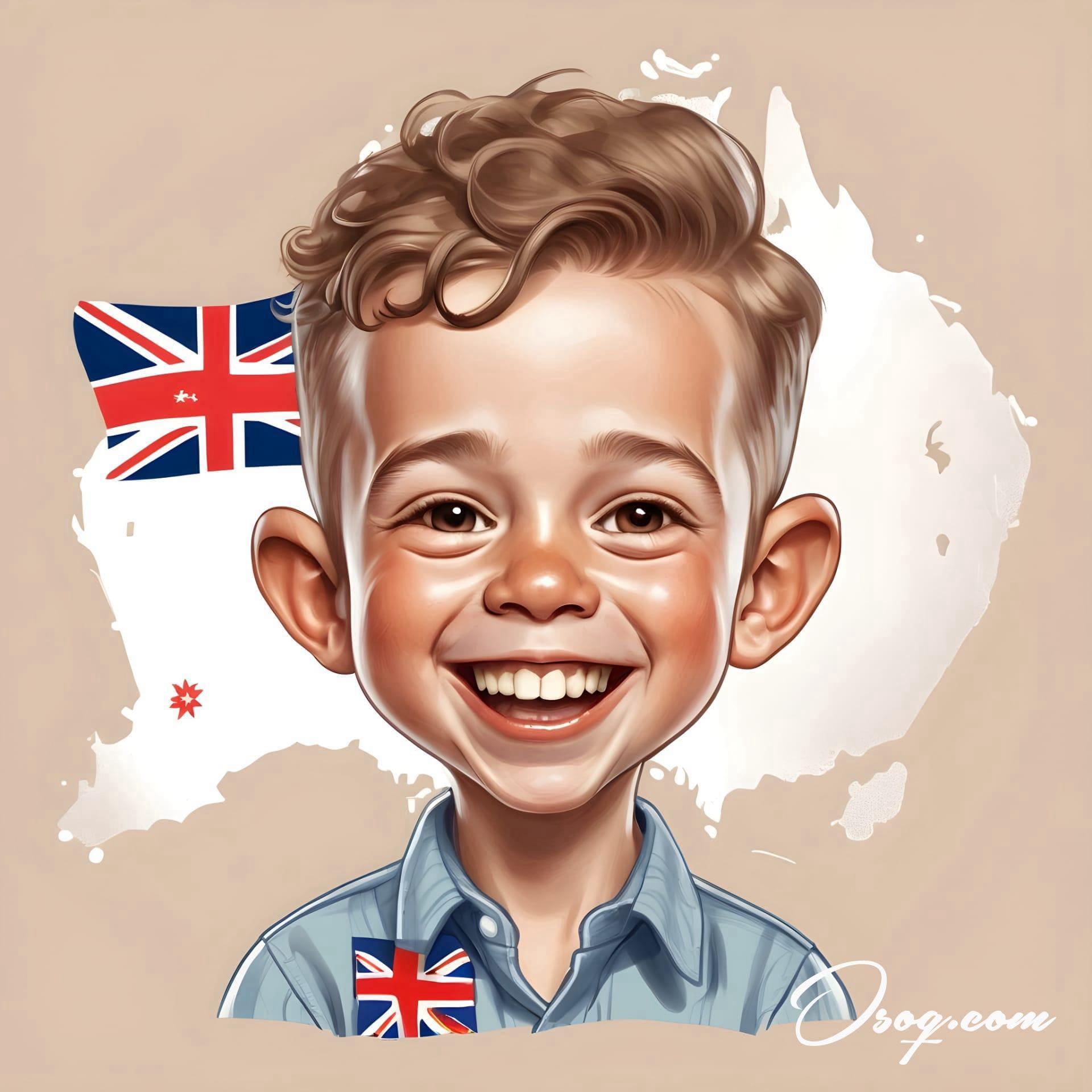
Australian cartoons have a rich history that dates back to the 1800s, giving us a peek into the culture and societal norms of the time through humorous sketches.
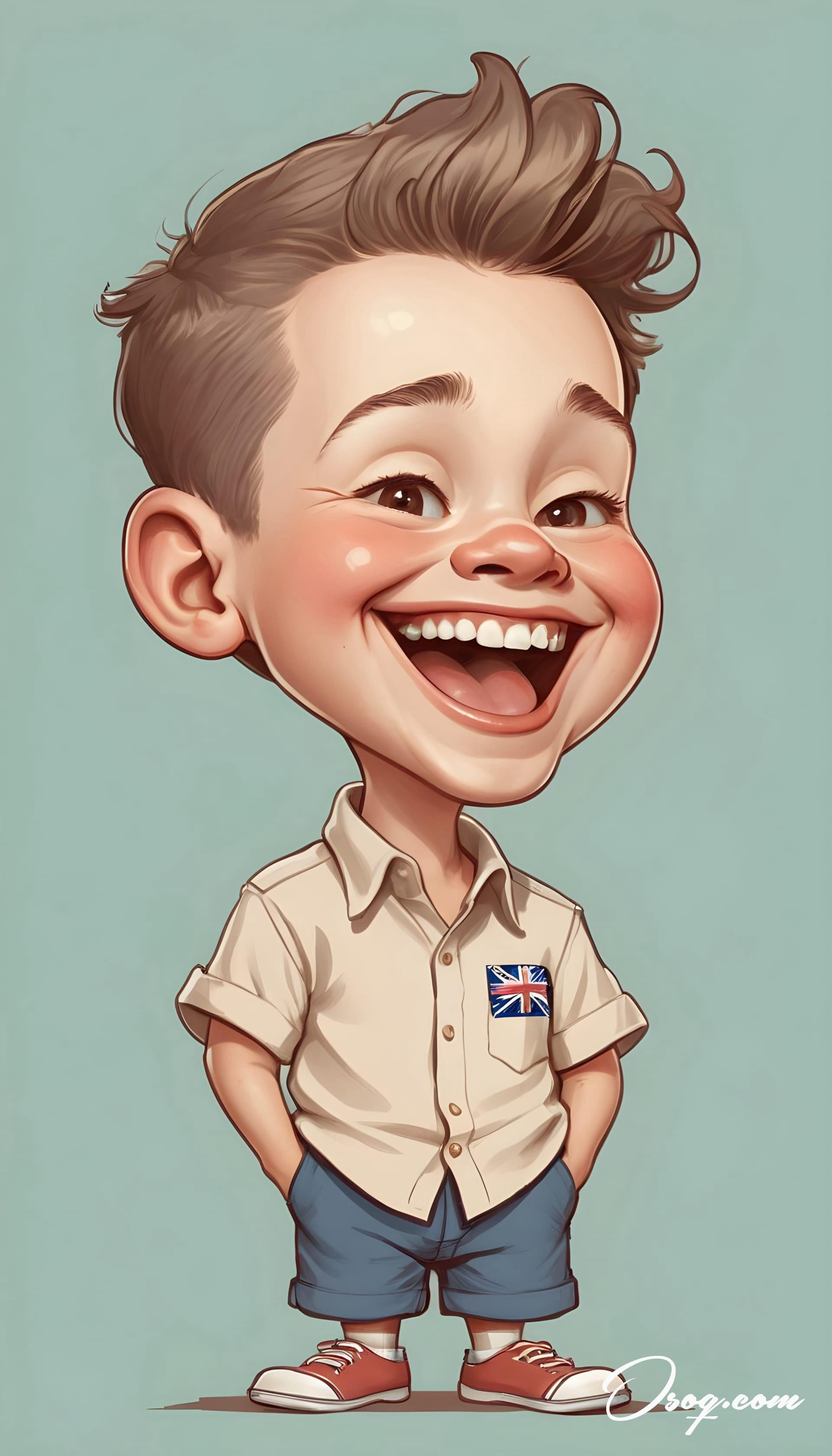
The iconic character Ginger Meggs, who first appeared in 1921, is considered a national treasure. This cheeky young boy embodies the Australian spirit of adventure and mischief.
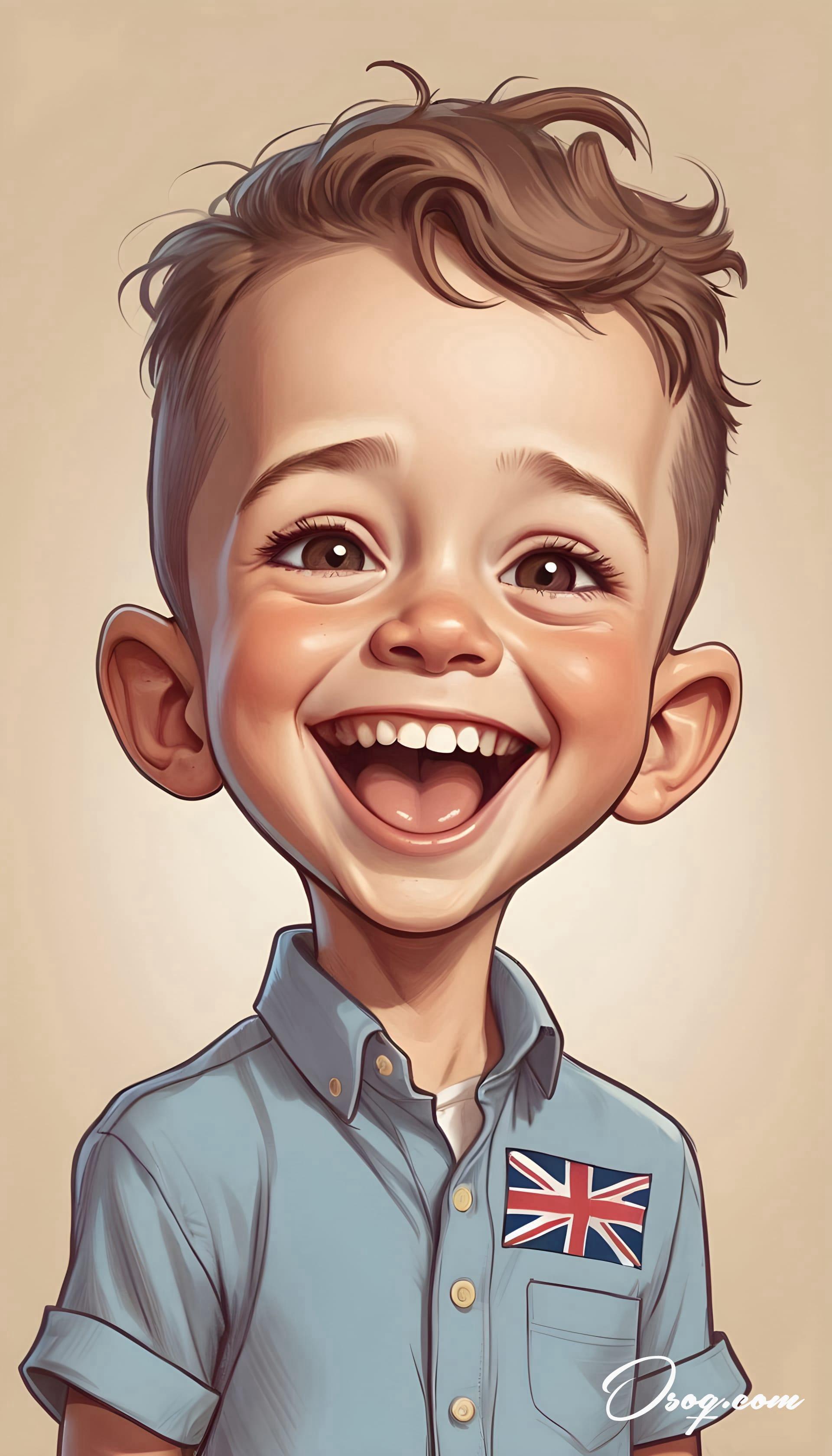
Cartoons in Australia are not just for laughs; they've been used for political commentary, making complex issues more accessible and engaging to the general public.
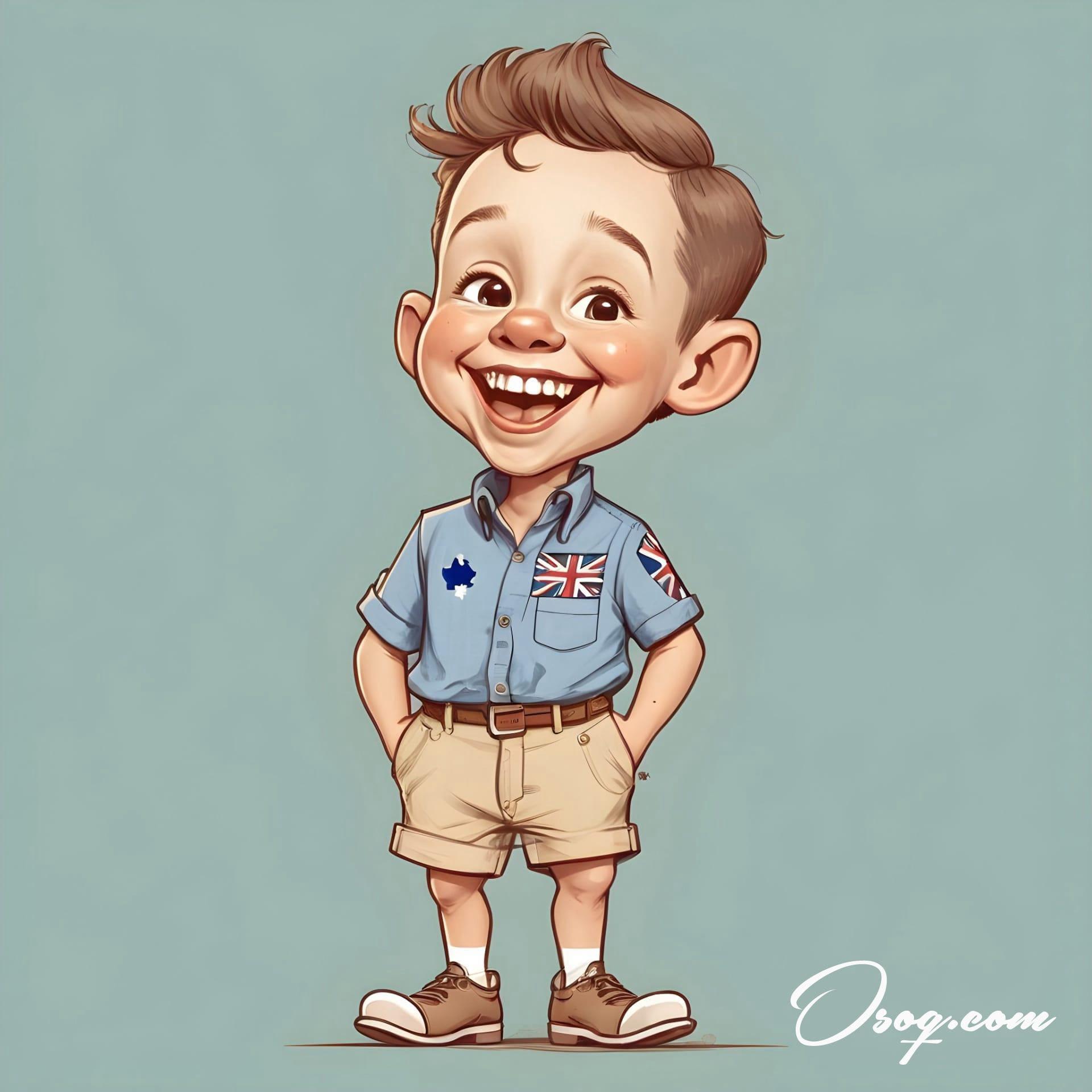
Australian cartoonists have a unique style that often incorporates elements of the Australian landscape and wildlife, making their work instantly recognizable.
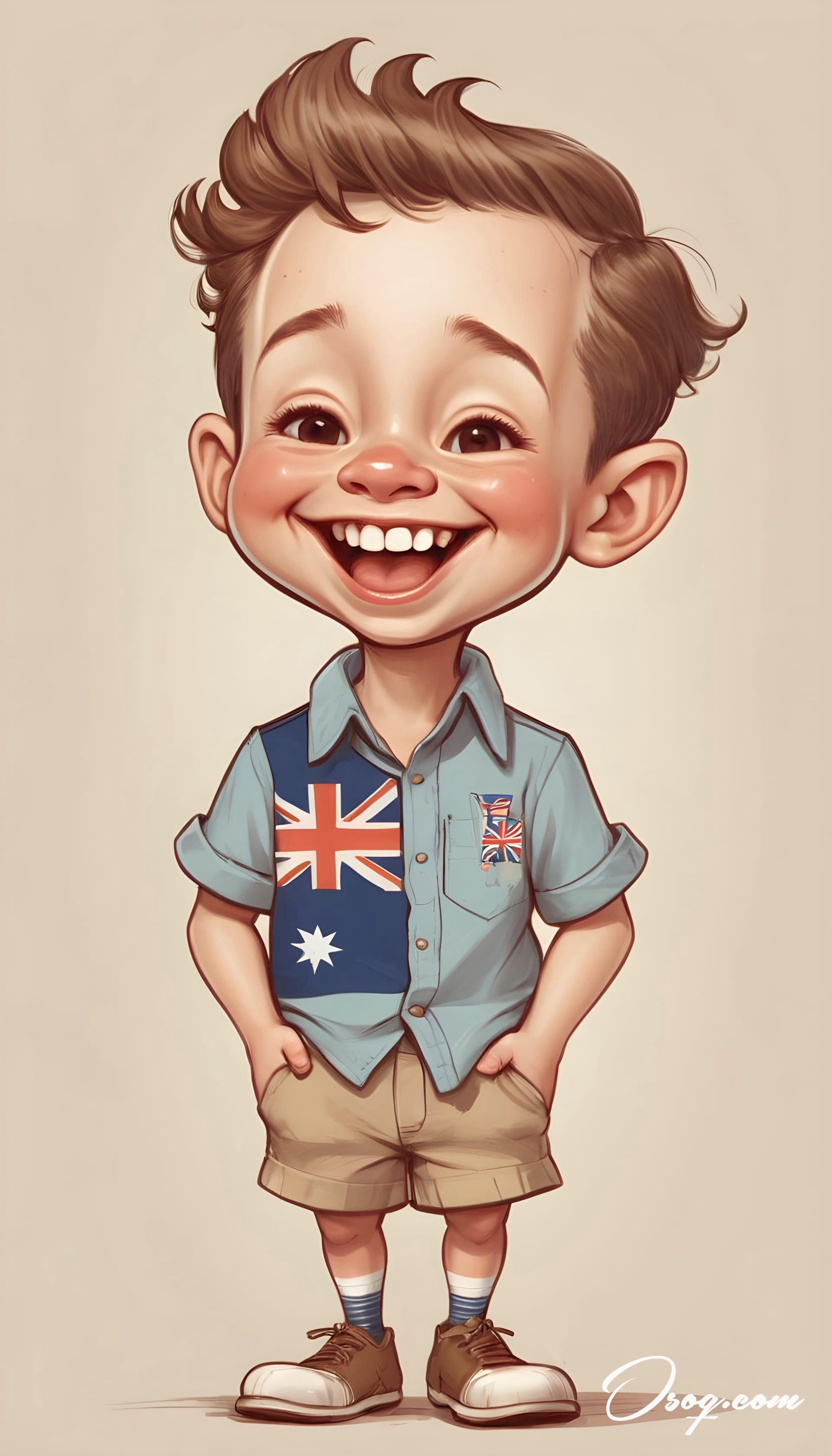
The Bulletin, an Australian magazine that was published from 1880 to 2008, played a crucial role in the development of Australian cartooning, providing a platform for many cartoonists to showcase their work.
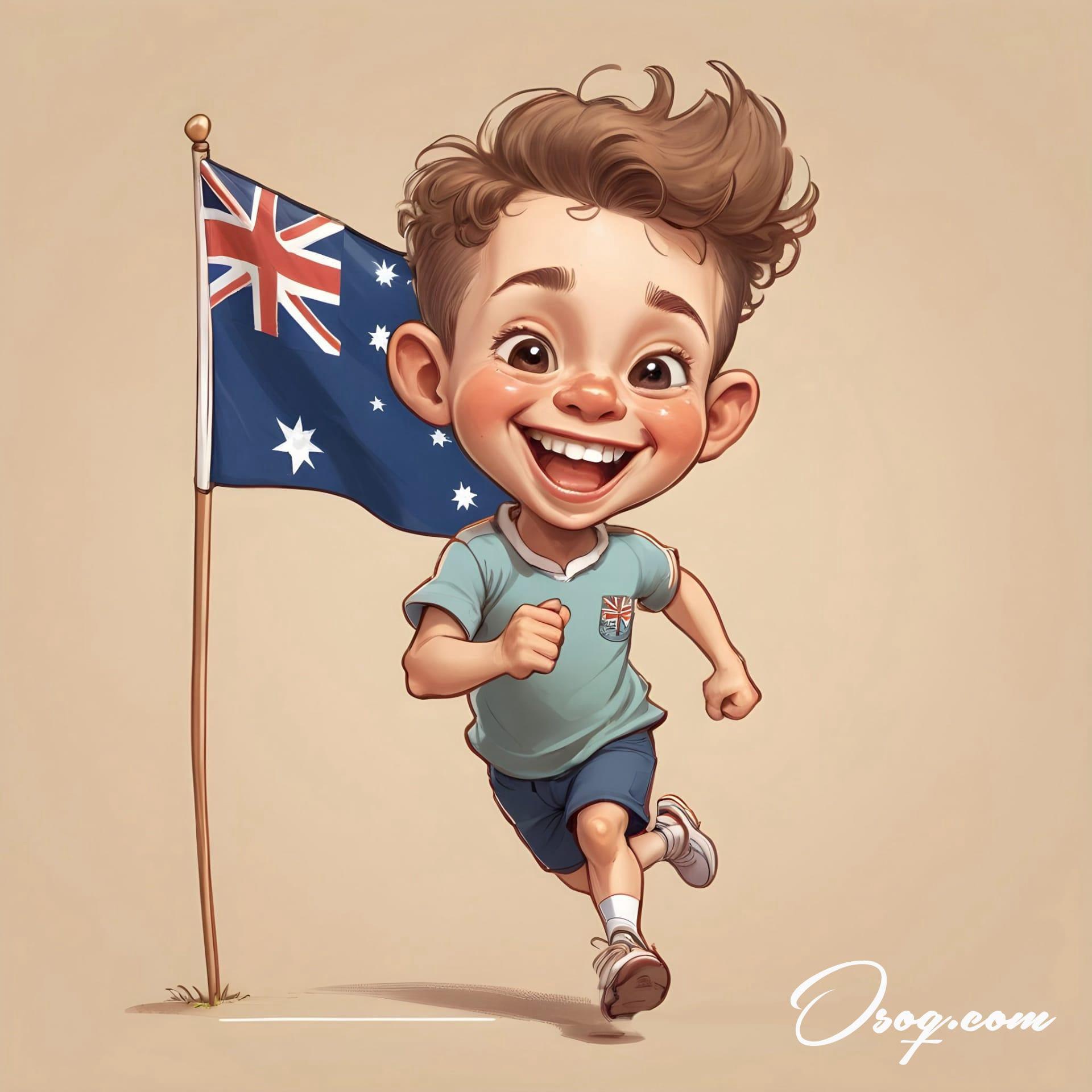
In the early 20th century, Australian cartoons were heavily influenced by British and American comics, but they soon developed their own distinct identity.
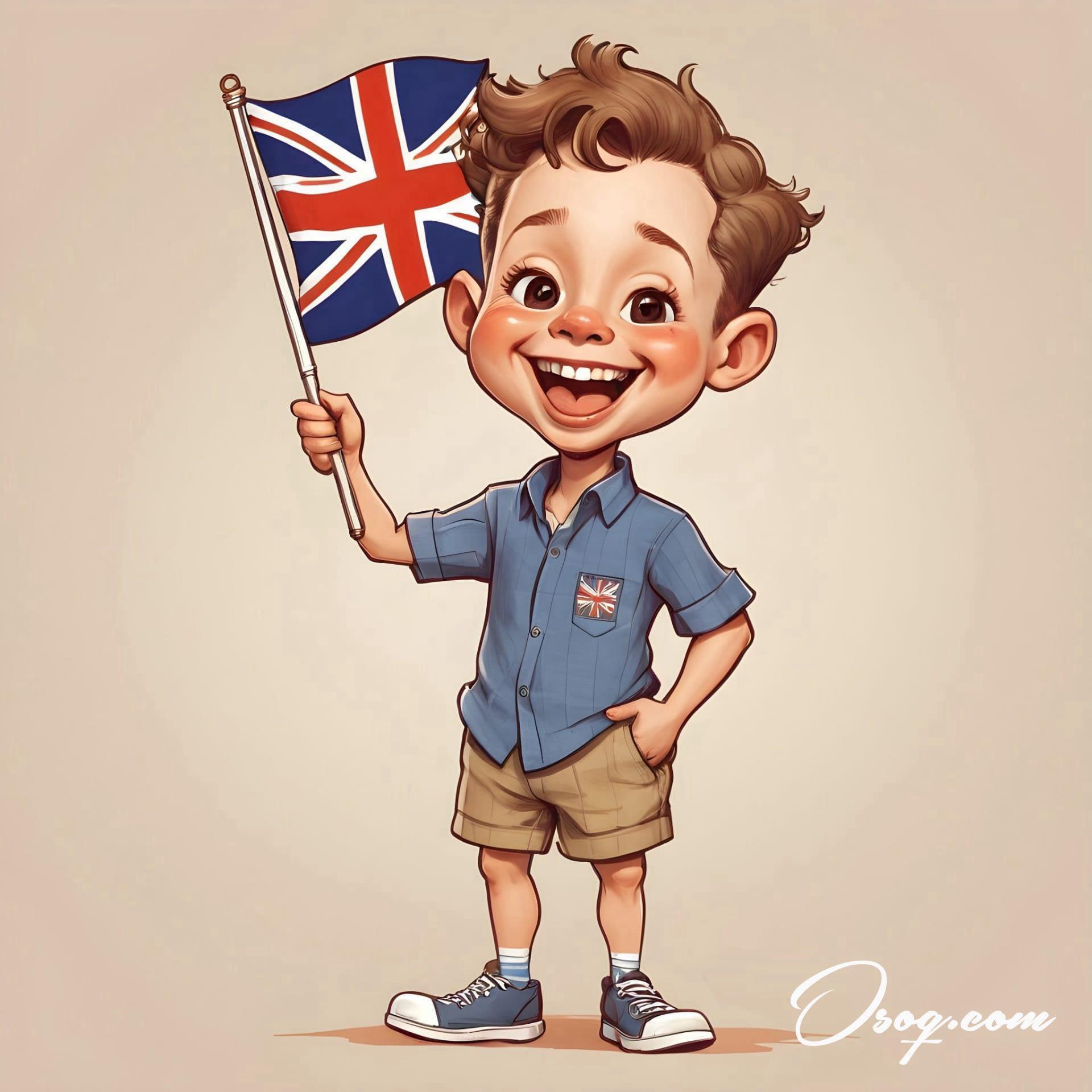
World War II saw Australian cartoonists contributing to the war effort by creating propaganda that was both motivational and humorous, showcasing the Aussie spirit of resilience.
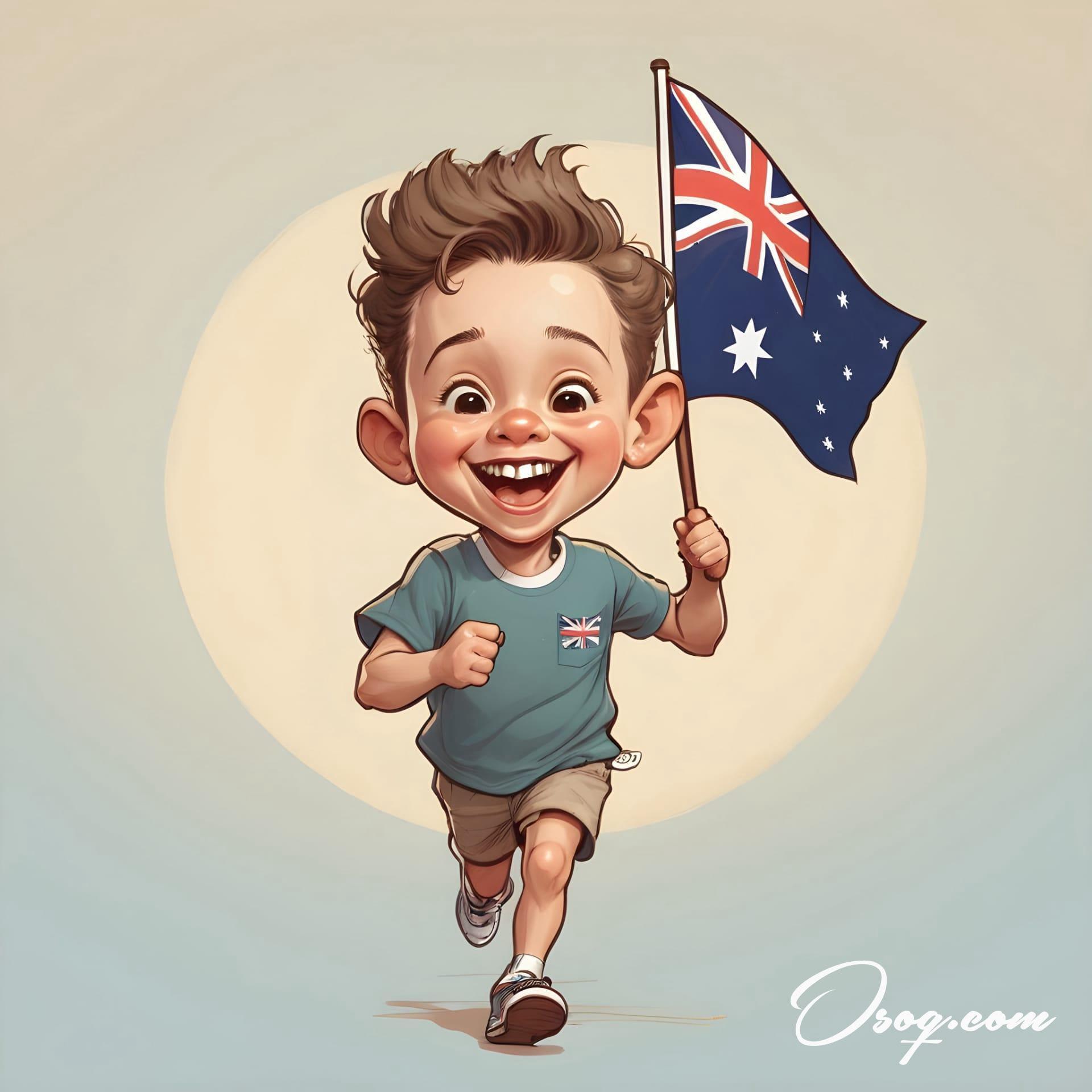
The Archibald Prize, one of Australia’s most prestigious art awards, occasionally recognizes cartoonists and illustrators, highlighting the importance of cartoon art in Australian culture.
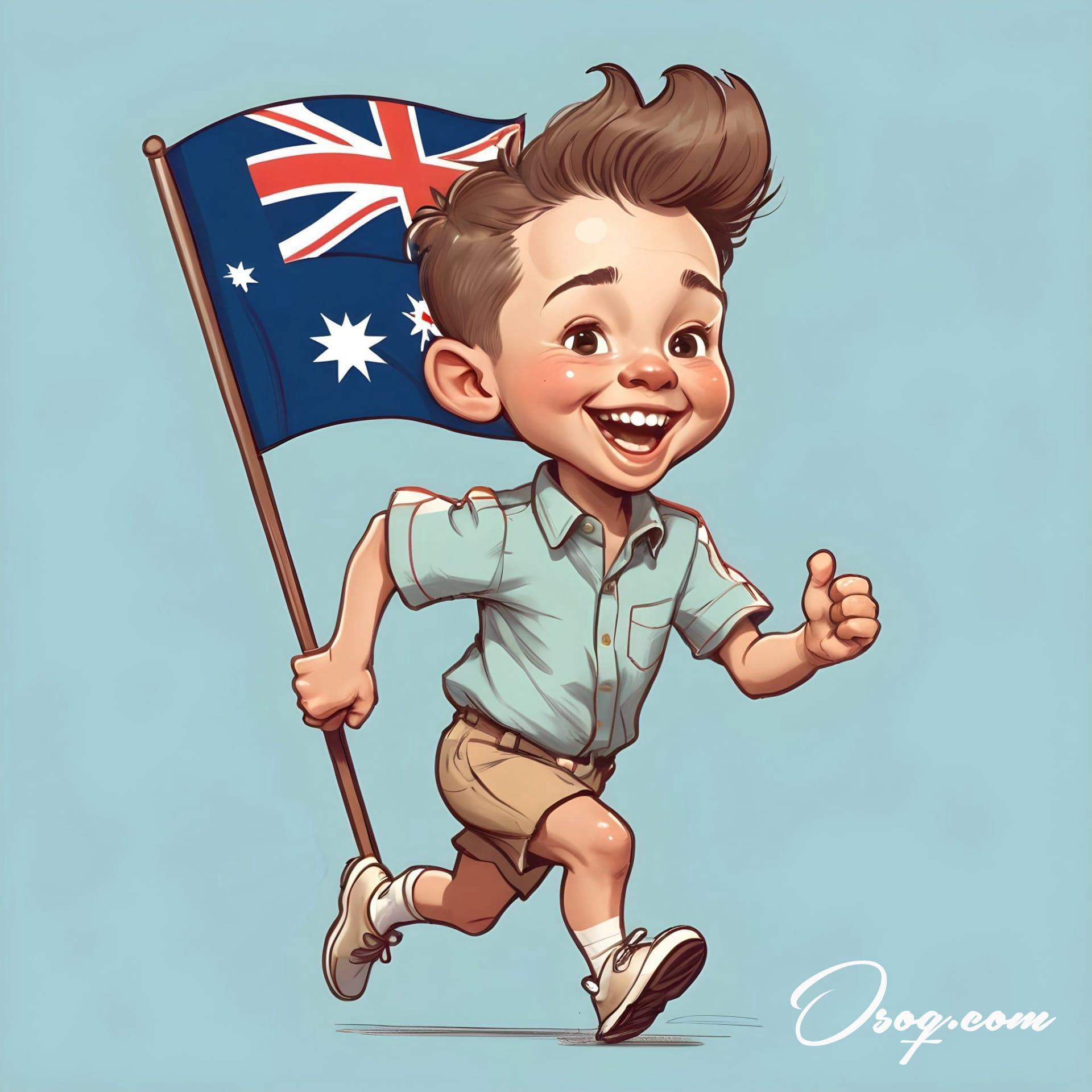
Australian Cartoon festivals and competitions are held annually, celebrating the talent and creativity of cartoonists across the nation.
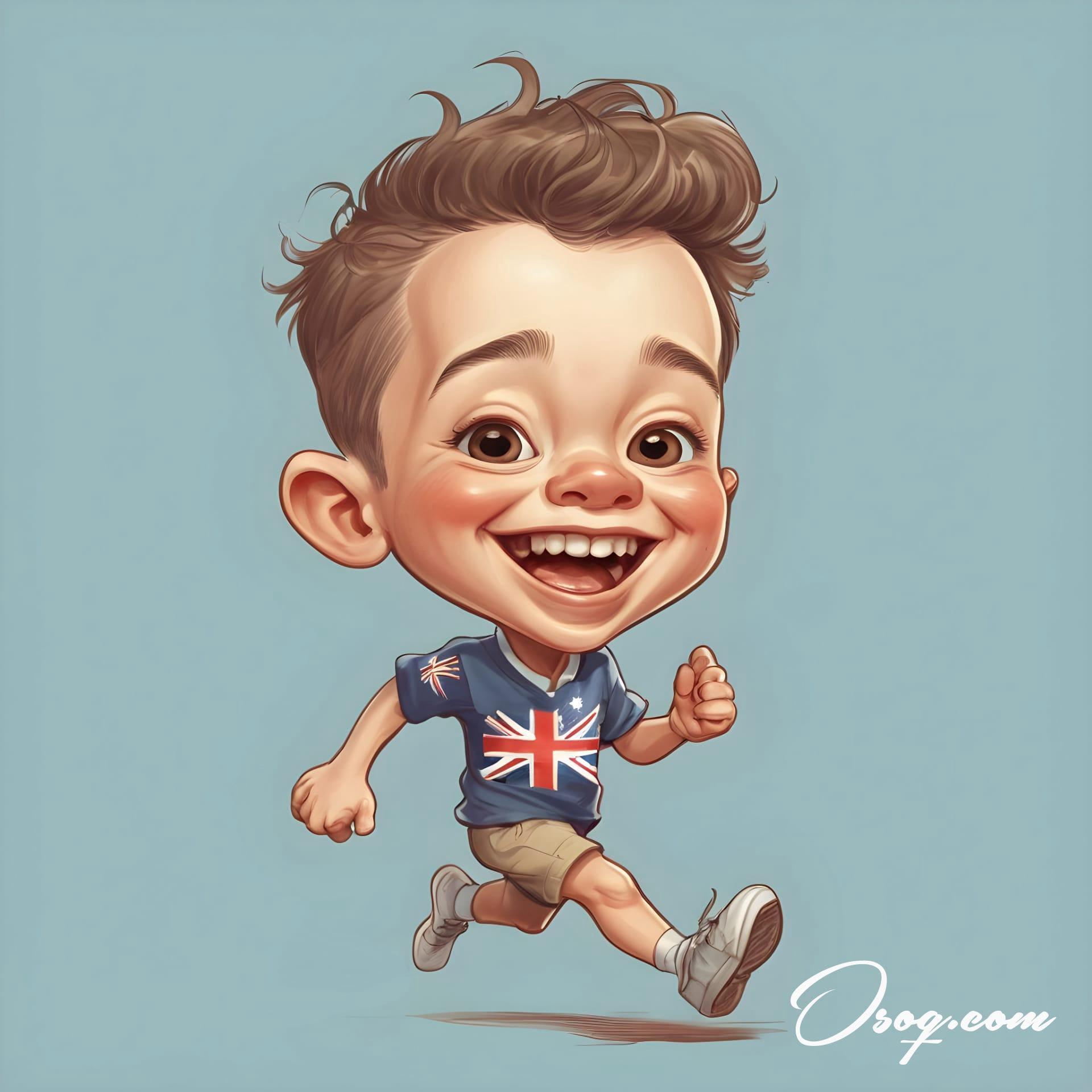
Digital platforms have revolutionized the way Australian cartoons are created and consumed, allowing for greater interaction between cartoonists and their audience.
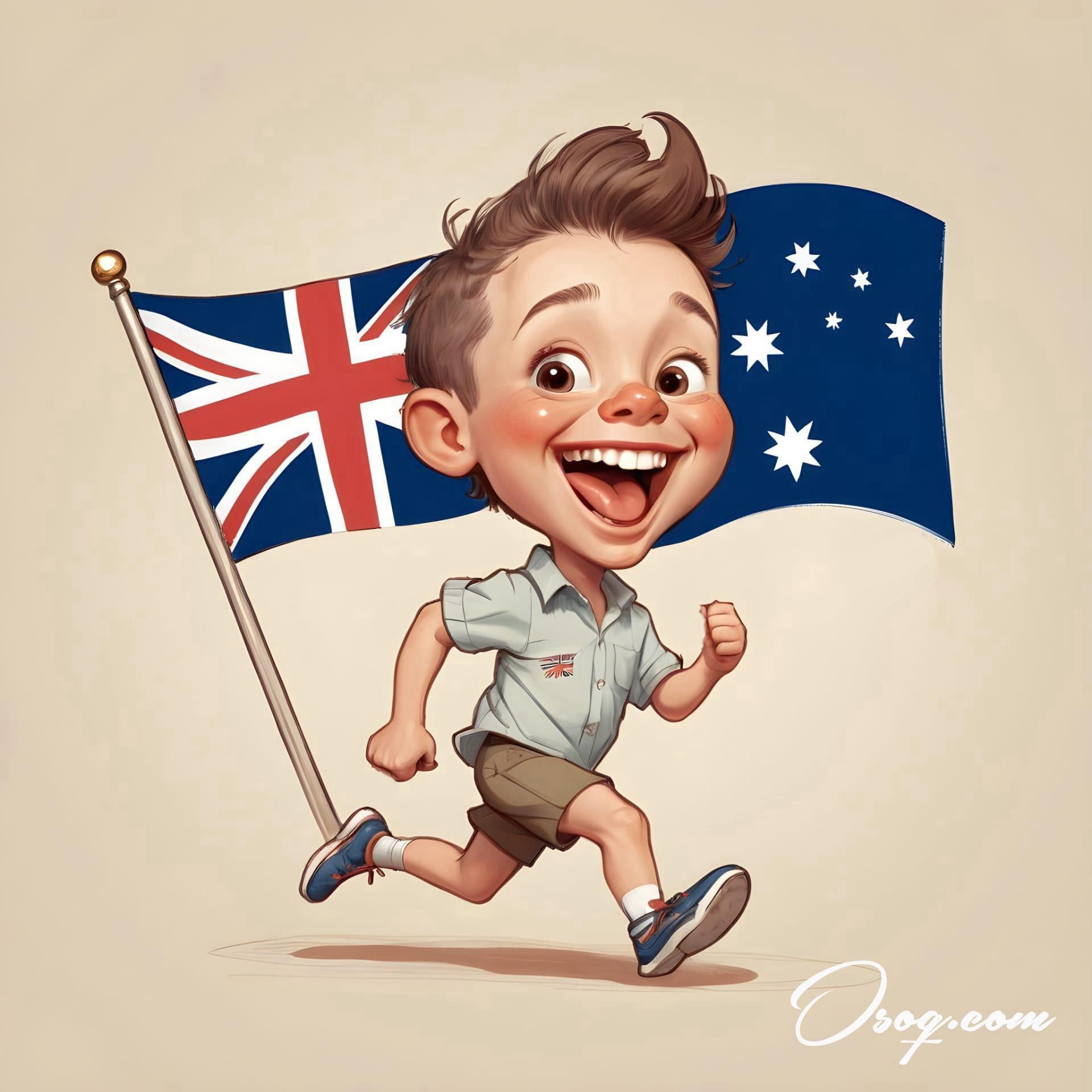
The environmental movement in Australia has been vividly depicted through cartoons, using humor to highlight important issues like climate change and conservation.
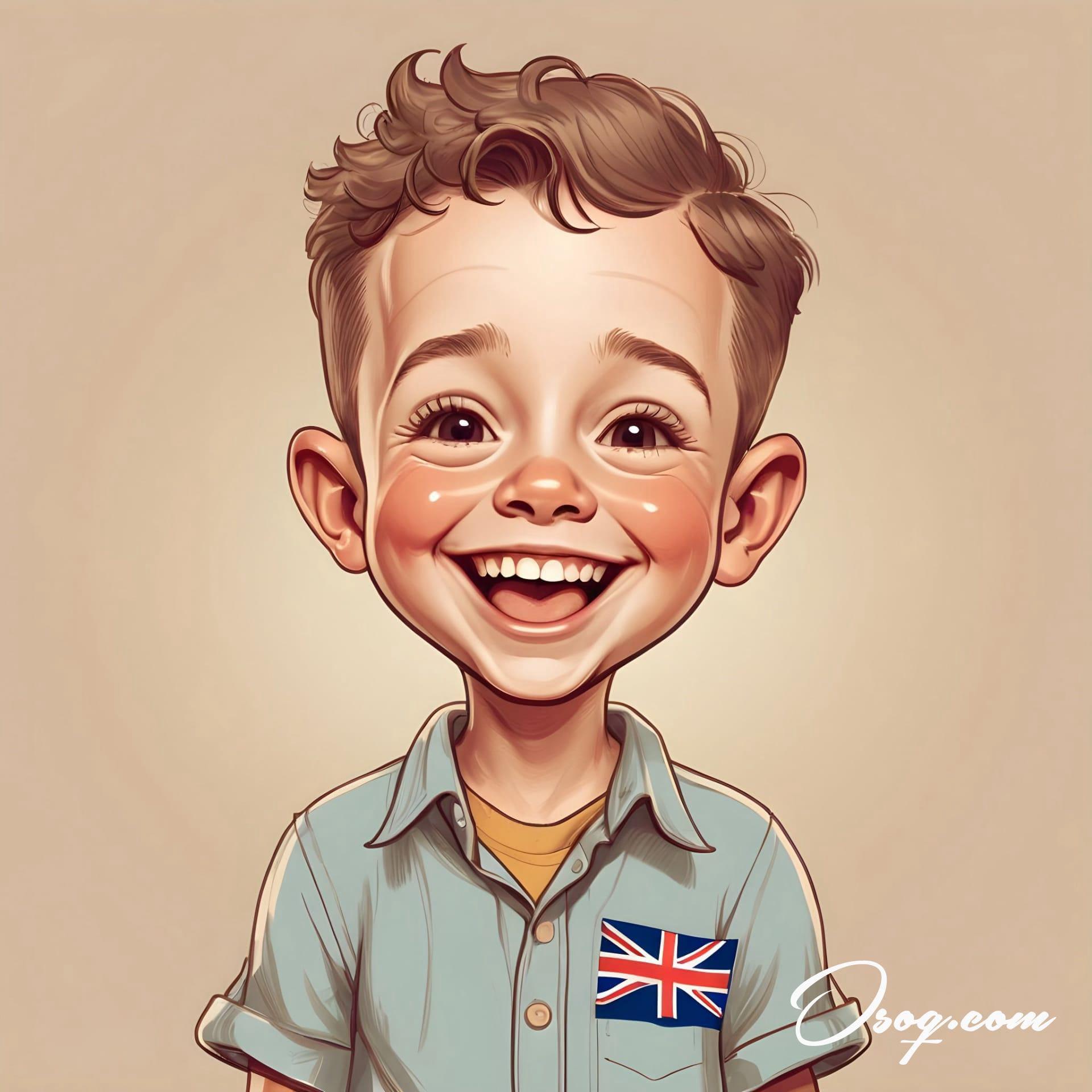
Australian cartoon humor often involves a healthy dose of self-deprecation, a characteristic that resonates with the Aussie way of not taking oneself too seriously.
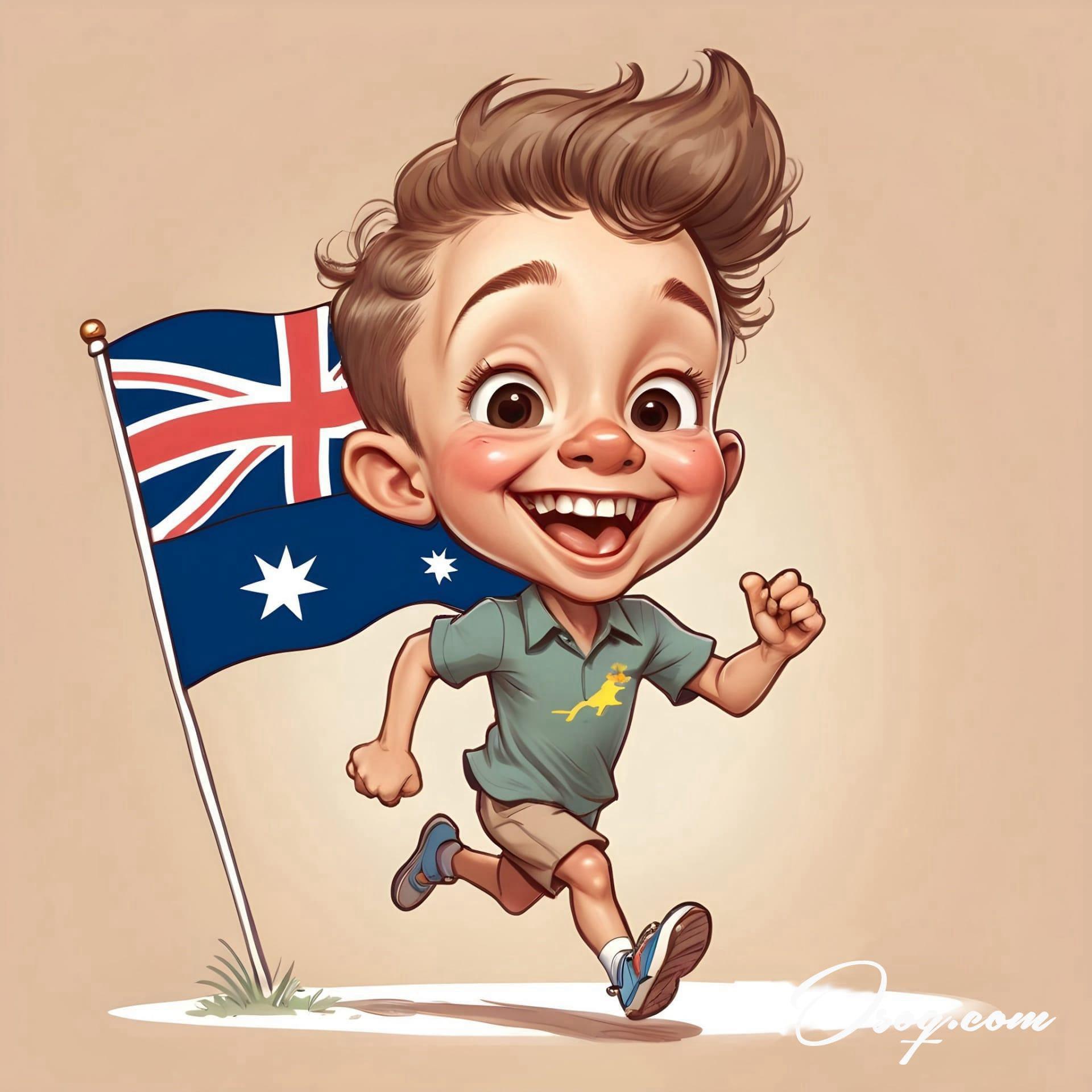
The influence of Indigenous Australian art can be seen in some contemporary Australian cartoons, adding depth and cultural significance to the medium.
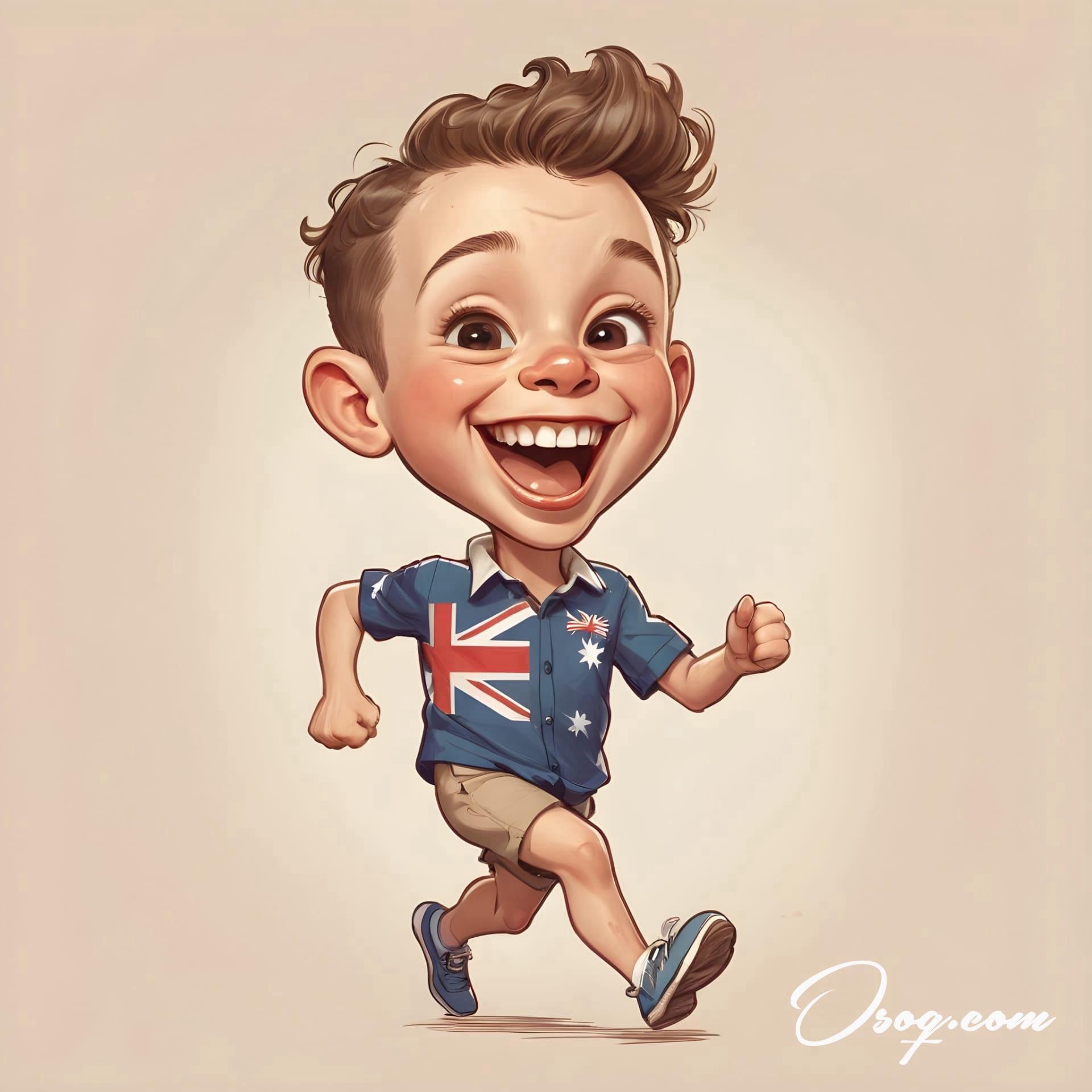
Educational cartoons have become increasingly popular in Australia, used in schools to engage children in learning about history, science, and social studies in a fun way.
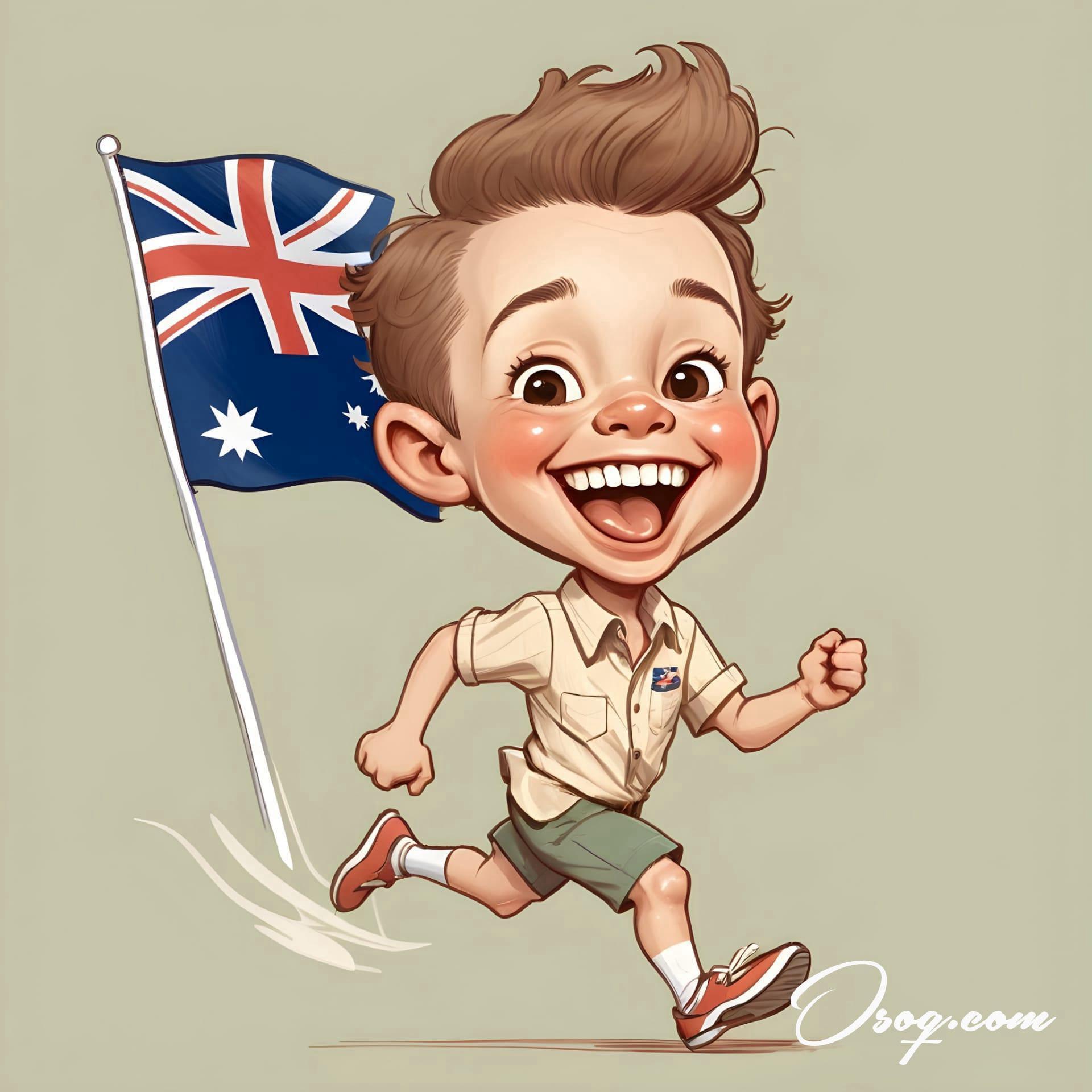
Satirical cartoons in Australia often target politicians and celebrities, reflecting the public's sentiment and sparking conversations on social media.
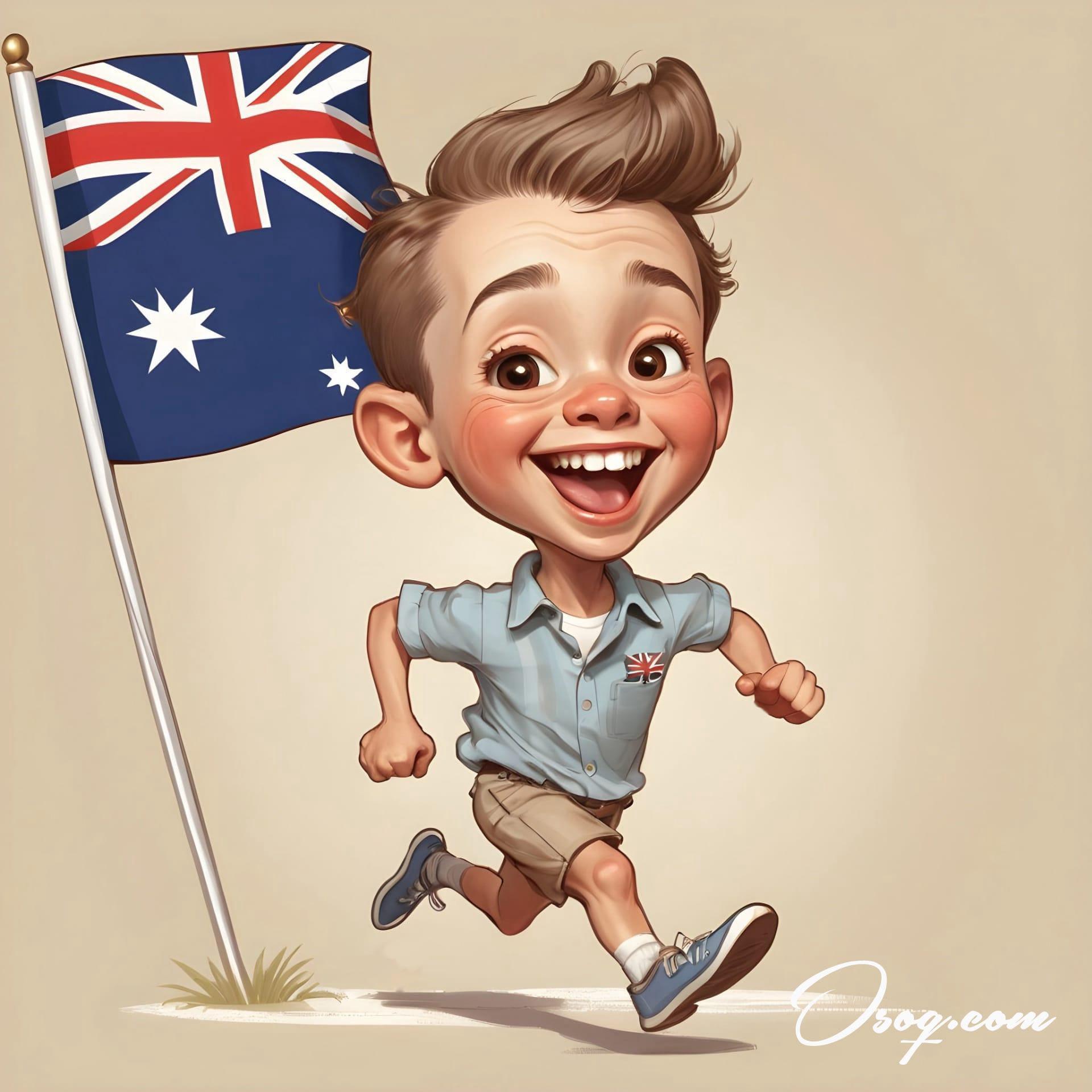
The advent of graphic novels in Australia has opened up new avenues for cartoonists to tell more complex and nuanced stories.
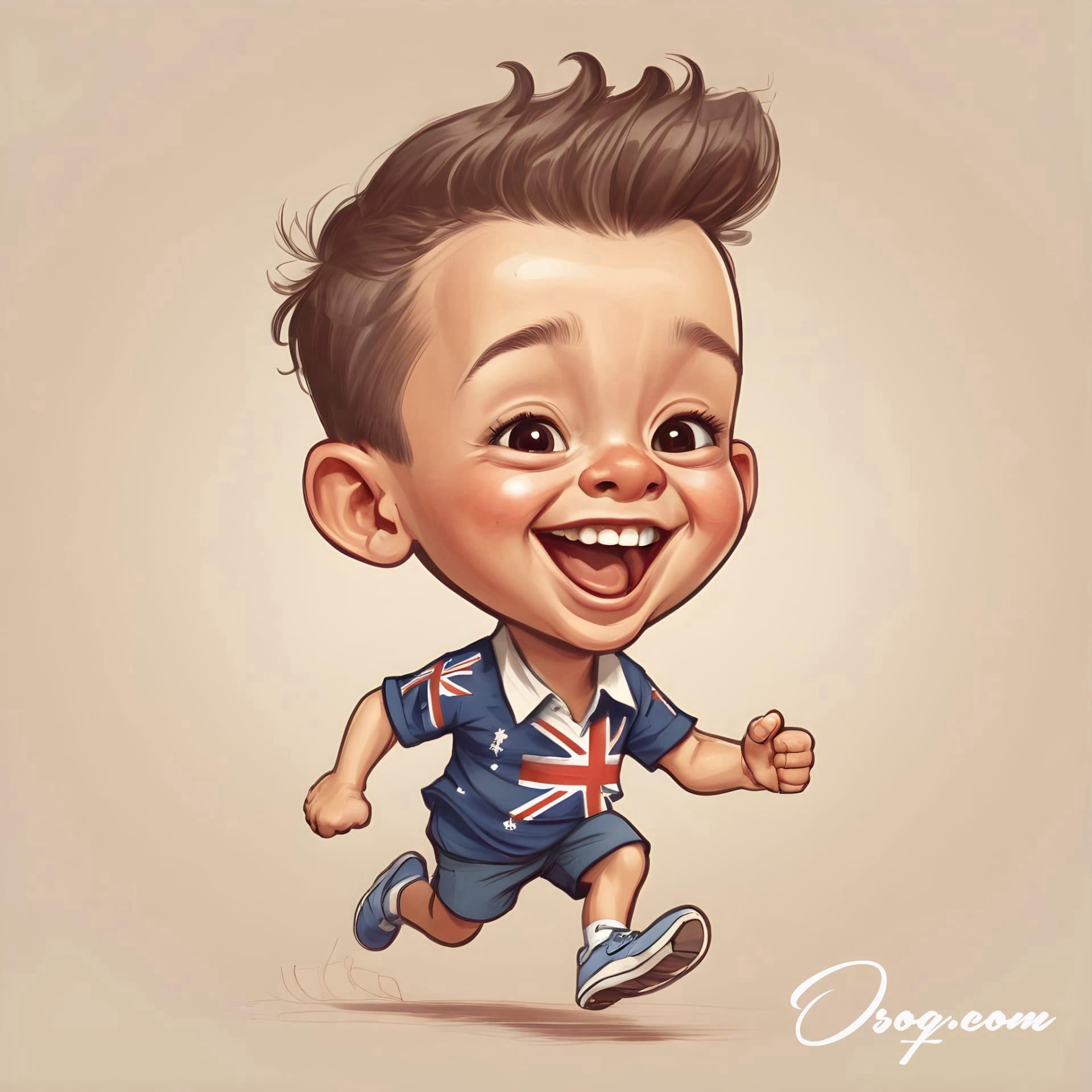
Australian cartoons have a global audience, with some cartoonists and illustrators gaining fame and recognition in international publications.
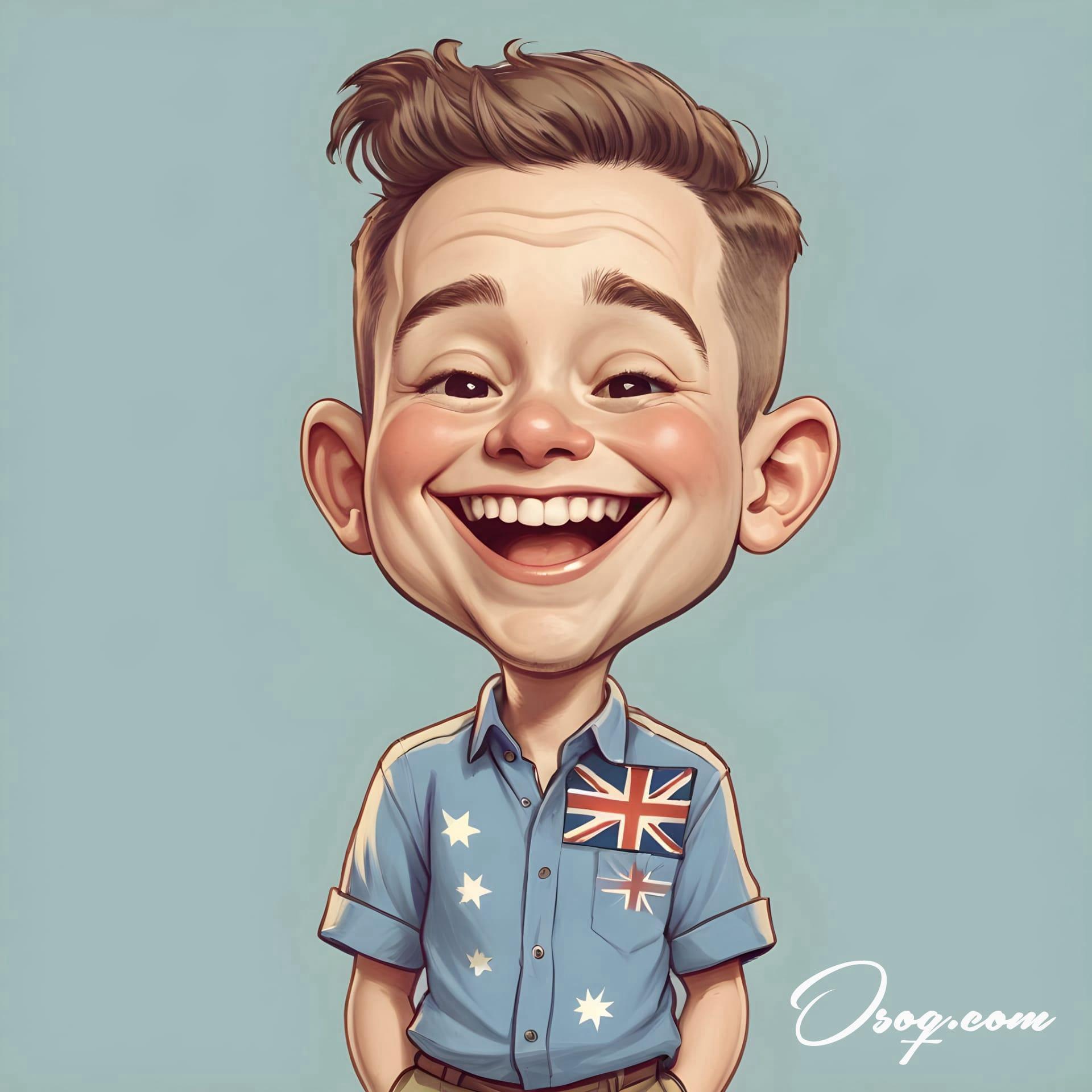
The annual Behind the Lines exhibition showcases the year’s best political cartoons, providing insight into the political climate of Australia through satire and humor.
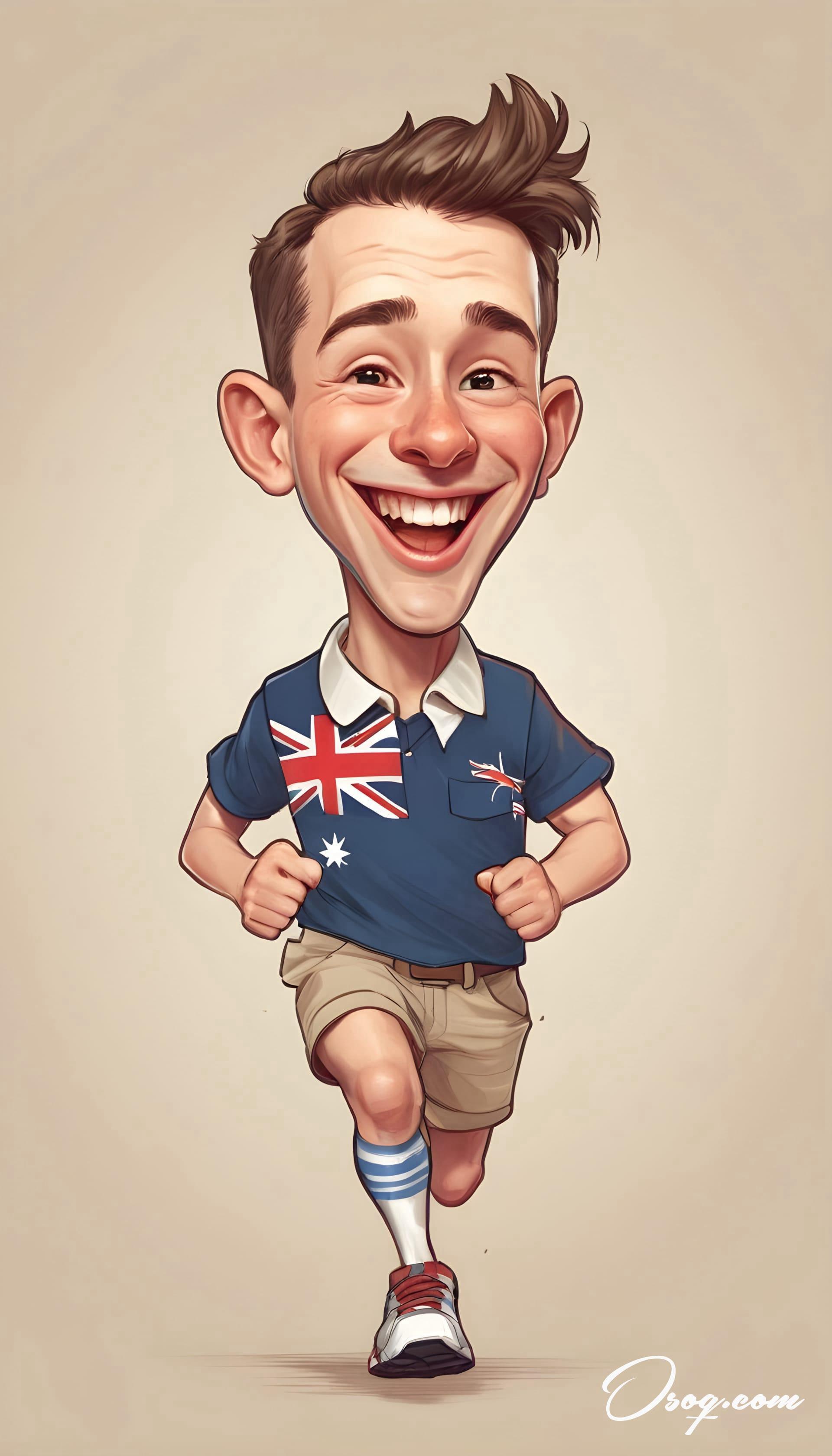
Emerging technologies like virtual reality and augmented reality are being explored by Australian cartoonists to create immersive storytelling experiences.
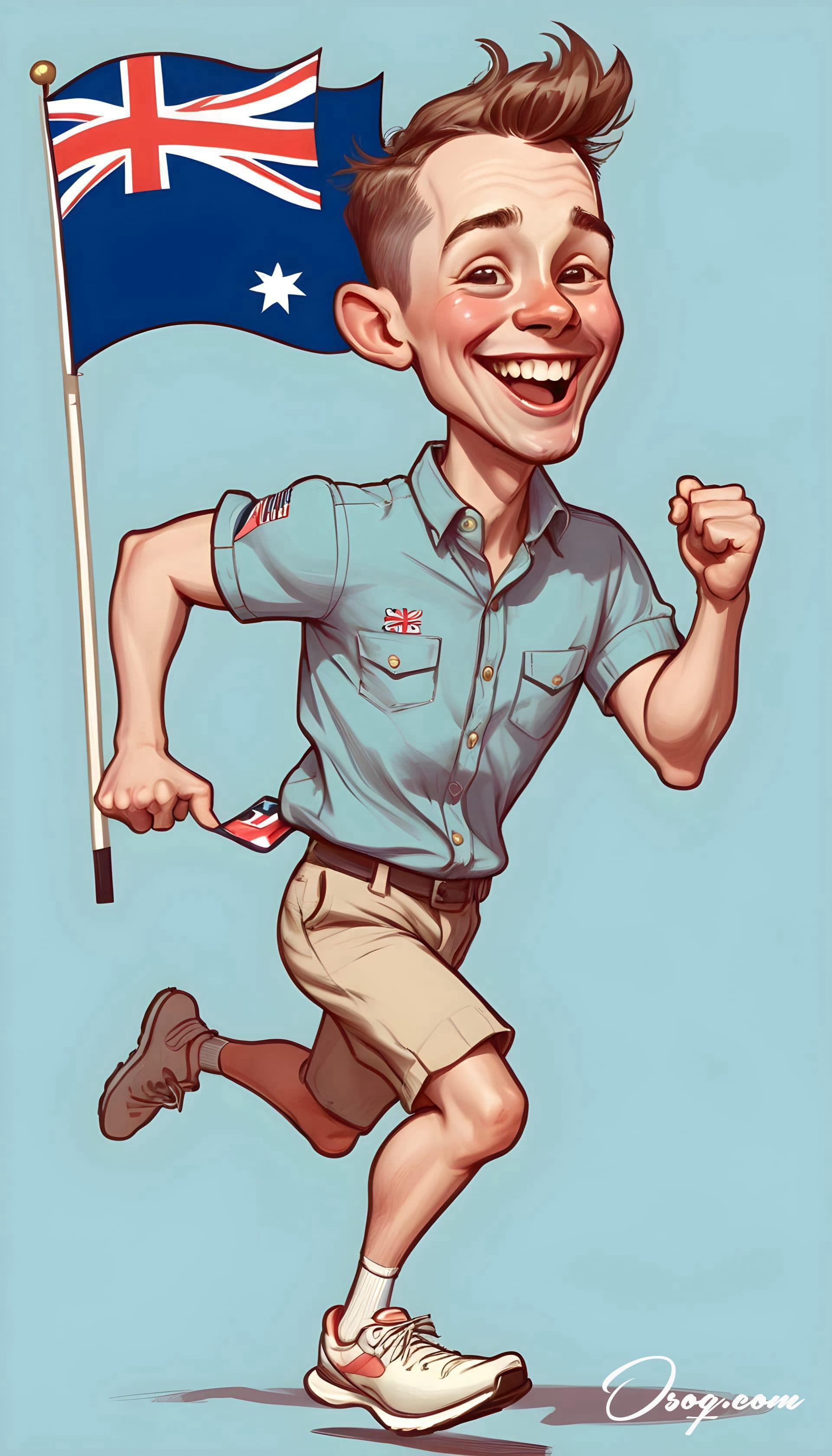
The diversity and vibrancy of the Australian cartooning scene continue to grow, reflecting the changing dynamics of Australian society and the world at large.